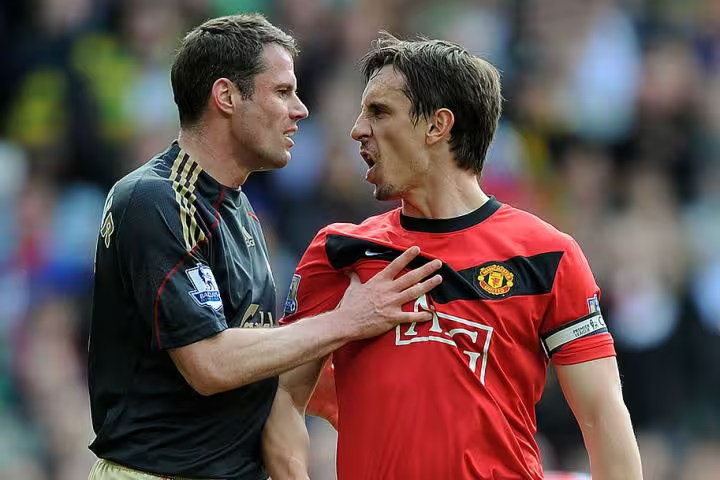England’s fabled Golden Generation of the 2000s had everything a top team needs to claim silverware on the international stage. However, time after time at the World Cup and European Championship, the Three Lions came up short.
The reasons for their consistent failures have become more well known with a number of former internationals speaking of their experiences in the punditry arena, but their efforts have already been trumped by Gareth Southgate’s side, who came third at the 2018 World Cup and finished runners-up to Italy at Euro 2020.
However, as the 58-year wait for a second international tournament triumph lingers on, the likes of Harry Kane, Jude Bellingham and Phil Foden must avoid falling into the same traps as their predecessors.
Here’s what England can learn from the maligned set of 2000s and 2010s stars ahead of Euro 2024.
The Instagram algorithm is never far away from playing a video of a former England international revealing where it all went wrong under Sven-Goran Eriksson. At least it isn’t for this writer.
Be it stories of Manchester United stars eating lunch quickly together or Paul Scholes smirking when Steven Gerrard said he never won a league title, the former batch of players simply could not get past the fact that they were simultaneously England teammates and Premier League rivals.
That disconnect reared its ugly head time and time again at international tournaments, but there’s more hope that it won’t be an issue for the current squad at Euro 2024. Their two main leaders in Harry Kane and Jude Bellingham both play in foreign countries, while no top-six side in England outright dominates Southgate’s squad in representation. In fact, it’s Crystal Palace who have most representatives with four.
Rivalries aside, that’s class.
The role of club rivalries and selflessness are a little intertwined but it’s a separate issue for Southgate to preside over.
Back in the Golden Generation’s heyday, Eriksson decided plugging central midfielders into wide roles would make the team great, but instead it denied the side a natural fluency with too many stars wanting to come central to make things happen.
That particular problem won’t be an issue with the current squad, who are more aware of their strengths and roles, but Southgate cannot allow any of his players to get away with murder, be it a lax…
Click Here to Read the Full Original Article at 90min EN…

